Recently, the Foundation for Individual Rights and Expression (FIRE) released its annual rankings rating the free speech protections of colleges throughout the country. In this report, “elite” Harvard University was ranked 0 out of 100, earning the first and only “abysmal” score FIRE has ever awarded.
Harvard earned this ranking for its lack of respect for the free speech rights of its students, scholars and prospective members of the Harvard community.
As the report lays out, Harvard has time and again chosen to sanction and terminate its scholars and disinvited speakers based primarily on ideological differences. For example, in 2022 Harvard disinvited Dr. Devin Buckley, a British feminist philosopher and member of the Women’s Liberation Front, due to her views on gender.
But Harvard is not the only elite school tanking under these ratings. In second place comes the University of Pennsylvania, another Ivy League school, followed by the University of South Carolina, Georgetown University and Fordham University.
According to Forbes, three of those schools are considered among the top 20 universities in the country. Yet, they should be considered dead last because, without free expression, higher education betrays its foundational purpose – the pursuit of truth.
The entire foundation of higher education is built on the liberal principle of free inquiry through freedom of thought, as one pursues the meaning of truth itself. Without the freedom to think freely and explore novel ideas, universities do a disservice to the students they educate.
It is easy to see how censorship affects the silenced voices, as their ideas cannot be explored. Throughout my years as a free speech activist, I’ve spoken to countless students who were discriminated against because of their beliefs.
Oftentimes, I was forced to help them find legal counsel as their only recourse. Many times, we won in court because their universities were refusing to uphold the First Amendment of the United States Constitution.
One time, for example, students at California State University, San Marcos, were denied a student grant of $1,000 to bring a pro-life speaker to campus. Meanwhile, a Gender, Equity and LGBTQIA Center was receiving an annual budget of more than $300,000 – enough to host several speakers and hire full-time staff to run those events.
My colleagues and I helped these students gather evidence and, after several months with the help of legal counsel, they were successful in bringing a First Amendment challenge against the school.
By censoring certain voices, colleges like Harvard are building an echo chamber where the status quo is never challenged. This echo chamber effect is detrimental to the intellectual growth of their entire student body. In effect, they are denied the opportunity to engage in the meaningful debates and discussions which are essential for their intellectual development, leaving them ill prepared to make meaningful contributions in the real world after graduation.
Harvard and the University of Pennsylvania may be ranked as two of the best universities in the country – and, by extension the world – but there is no point to an “elite” education if all they promote are curated ideas that fail to challenge society in any meaningful way. Without free speech, there is no point to higher education.

